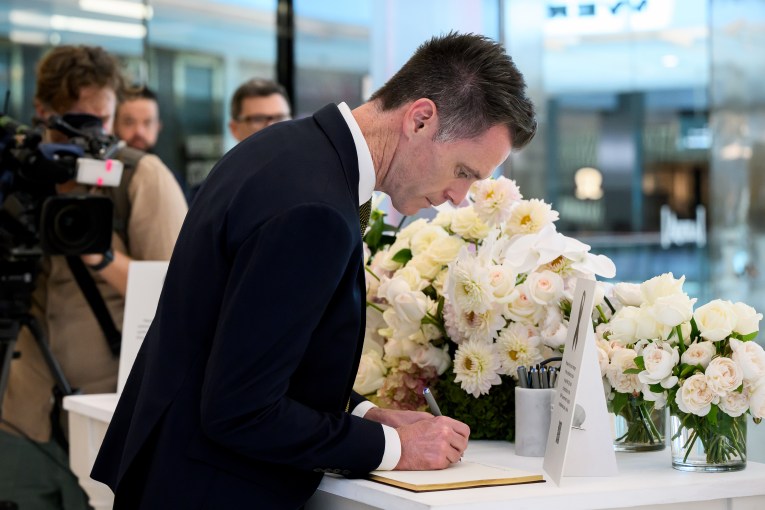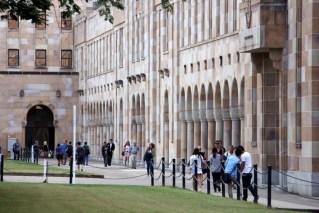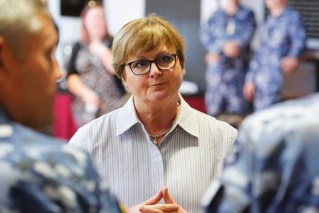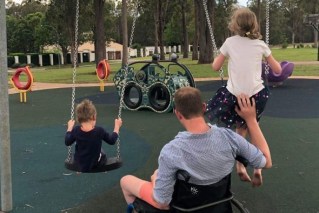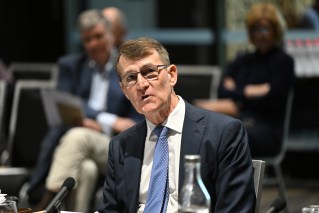Restrictions to last four more weeks before we can plot our ‘way out’ says PM
Behaviour restrictions placed on Australians to control the COVID-19 outbreak would remain for at least the next four weeks, Prime Minister Scott Morrison has announced.
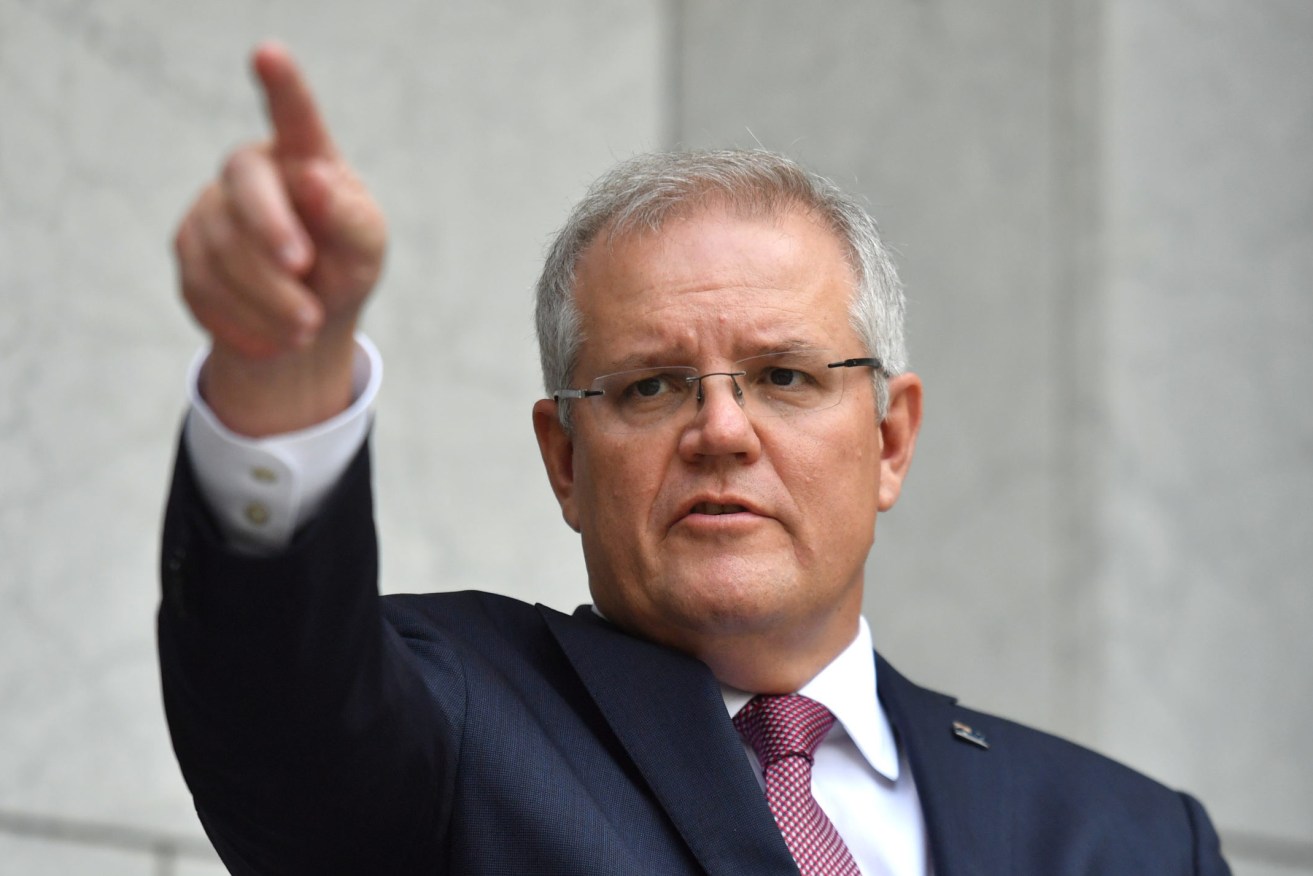
Prime Minister Scott Morrison has urged Australians to remain positive through the current lockdowns (Photo: AAP Image/Mick Tsikas)
Morrison was speaking after today’s meeting of the national cabinet, at which it was agreed that further time was needed before a “road out” to the pandemic crisis was clear.
This would depend on the achievement of three key metrics in managing the coronavirus. They were the further extension of testing regimes, ensuring a greater tracing capability of new infections, and local response capability.
“National cabinet agreed today we will use the next four weeks, to make sure we can get these in place, and the baseline restrictions that have been set, some weeks ago, will remain in place until we can achieve those three goals, Morrison said.
“And we will be reviewing that in the next four weeks. A positive thing to say is we have often found ourselves, as we have now, in a better place ahead of time, and if we are able to achieve that well and good.
Queensland has recorded its 1000th confirmed case of COVID-19 as bans and social distancing continue to slow the number of new infections to about five a day. At the same time, the number of Queenslanders beating the disease continues to rise.
Having tallied 999 cases on Wednesday, an analytical recount and five new cases overnight settled the Thursday morning total at 1001. By comparison, NSW passed the 1000 mark on March 25 and Victoria on April 2, with about 6500 cases now reported across the country.
But despite Queensland’s success in flattening the curve of infection, Chief Health Officer Jeannette Young pointed to 18 cases of COVID-19 brought back from interstate and more still coming in from overseas.
“The numbers will get worse because of those people returning from overseas,” Young said, emphasising those travellers would face tough quarantine requirements and were likely only at risk themselves.
“We are expecting larger numbers to return from overseas because in many ways this is their last chance to do that.”
More than 700 of Queensland’s cases have been in people who contracted COVID-19 overseas, while another 160 people contracted it from someone who had been overseas. Cases unable to be traced in that way have been largely confined to the Gold Coast, Brisbane and Cairns. However, the level of community transmission is much higher in places like Sydney, hence the ongoing concerns over interstate travel.
As of Wednesday, Queensland had recorded five COVID-19 deaths, and 442 people had recovered from the disease. A week ago, only 372 people had recovered, and since then the proportion of infected Queenslanders who have managed to beat the disease has risen from 39 per cent to 44 per cent. Some 554 infections are still considered active.
Queensland is testing more than 2,000 people every day and the number of positive results has declined.
Ahead of a National Cabinet meeting, Queensland Health Minister Steven Miles said it was only prudent for governments to revisit the bans and restrictions now that the infection rate was so low.
However, Miles emphasised that all measures had been necessary to achieve such progress and any decision to ease them would not be taken lightly.
“If we manage to keep this up then we will be able to go back to normal eventually but we need to keep it up for quite some time,” Miles said.
School resumes next week in Queensland, with children of essential workers and vulnerable kids allowed to return to classrooms but everyone else expected to learn from home. That will be reviewed in five weeks.
Governments are expected to consider Australia-specific modelling, and monitor the range of outcomes overseas, before deciding to lift bans or relax social distancing requirements. Such a move would also require greater surveillance, likely through mobile phone apps and potentially wastewater testing, and vary by location and demographic.
